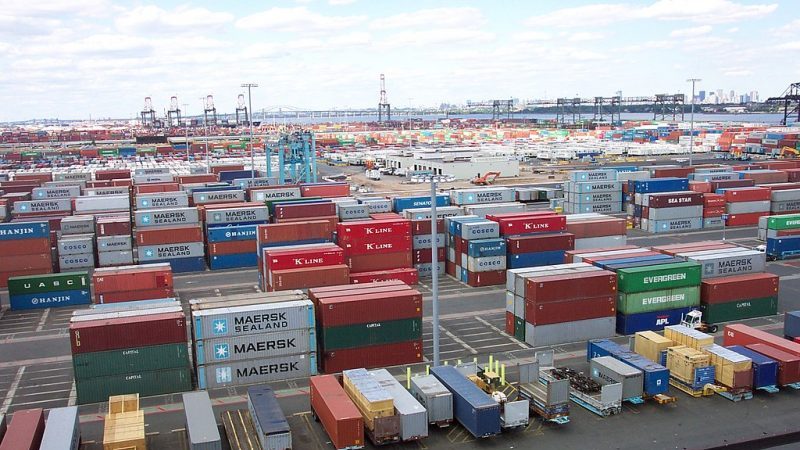If the US wants better trading conditions with Europe, it had better stick with the Paris climate agreement.
Brussels confirmed that stance on Friday after France’s foreign affairs minister Jean-Baptiste Lemoyne bluntly stated: “No Paris Agreement, no trade agreement.”
A European Commission spokesperson said: “This point is a priority for the EU and it would be difficult to imagine concluding an important trade deal without an ambitious chapter on trade and sustainable development attached to it.”
It is one of the strongest signals yet that the EU is willing to penalise Donald Trump’s administration economically for backtracking on US climate commitments.
Ok, so talks on the Transatlantic Trade and Investment Partnership (TTip) were not going anywhere fast. Failure to grant preferential trade rules would be a milder rebuke than actively imposing a carbon tax on US imports, for example. But it hits Trump on one of his priority issues.
Hat tip to Mathilde Dupré of Institut Veblen for picking up Lemoyne’s comment during a parliamentary debate on a separate trade deal with Canada.
“Common sense” in Katowice
Poland will put “common sense” over calls for ambition when it hosts the next round of UN climate talks in Katowice, lead negotiator Tomasz Chruszczow told Arthur Neslen.
Ending poverty and securing energy supplies is more important than “enthusiasm”, he said, arguing the global warming limits agreed in Paris are unattainable.
That is one way to justify Poland’s continued heavy coal use. Another is to suggest (falsely) the causes of climate change are disputed – the angle taken by the environment ministry.
Talanoa portal
Is it any wonder Fiji is making the most of its ongoing presidency of the negotiations before passing the baton?
The vulnerable small island state has taken control of the agreed 2018 stocktake of climate action, naming it the “talanoa dialogue”, after Pacific storytelling traditions.
In a bid to make the process more inclusive, it launched an open call for inputs – and revealed plans to bring government and civil society actors around the same table in May.
“The fact that there is this important input from non-state actors, that is very good not just for increasing levels of passion and dedication, but also I think for focus in the discussion” – Nazhat Shameem Khan, chief negotiator for Fiji
Touching 1.5C
The UK’s Met Office forecast a 10% chance global warming will flicker above 1.5C in one of the next five years.
That would not count as breaching the Paris Agreement’s aspirational goal, scientists said, which is based on a longer term average. But it would inject further urgency into the debate.
Tinder box
Climate change is driving instability across West Africa and the Sahel, the UN Security Council warned in a statement from the president.
The problem is particularly stark in the Lake Chad basin, where competition for drastically shrinking water resources is turning communities against each other – and fuelling the rise of Boko Haram.
This week’s statement is an acknowledgment similar dynamics are at play across the 26-country region, calling on governments to actively manage the risks.
Climate conversations
Peru ends era of ‘roadless wilderness’ in its Amazon rainforests – Alexander Lees, Manchester Metropolitan University
Fin al carbón
Chile has become the latest country to announce plans to phase out coal power generation. Coming from a developing country that gets around 35% of its electricity from coal, this is a big deal.
While she did not set an end date, president Michelle Bachelet said a working group would draw up a plan to replace coal generation capacity with cleaner alternatives. And there will be no new unabated coal plants.
Health check
In a significant shake-up of environmental monitoring, China has launched pilot measures to assess the impacts of pollution on public health.
There will be a process for lodging complaints about air, water and soil pollution, Li Jing reports.
